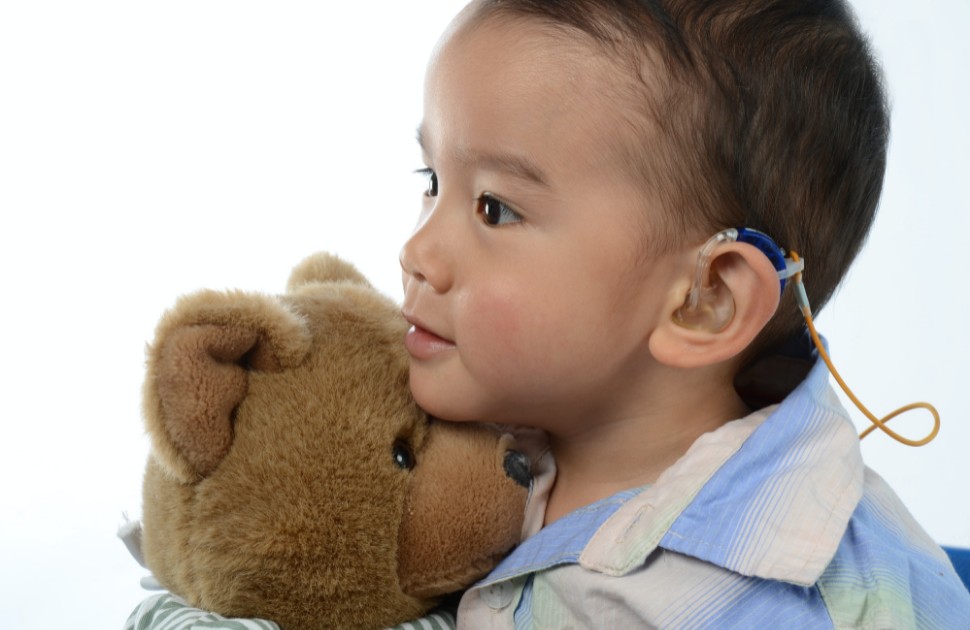
Even before the COVID-19 pandemic arrived in March, CHEO was already planning and mobilizing to respond to this new, unknown threat to the health of Canadians. Although we planned for all kinds of possibilities, we did not imagine part of our response would be for staff to leave the hospital and care for some of Ottawa’s oldest residents, rather than the youngest.
Strider Armstrong is a CHEO respiratory therapist, accustomed to helping medically fragile babies in the Neonatal Intensive Care Unit with their breathing. These are the tiniest infants we see at the hospital and he uses very special equipment to help babies’ lungs work properly.
When it first became clear that residents and staff at long-term care homes in Ontario were the hardest hit by the COVID-19 pandemic, the Ministry of Health asked hospitals throughout the province to lend staff and expertise to assist bringing the outbreaks under control. Strider volunteered to temporarily leave his regular job at CHEO to assist seniors in need.
Ultimately, over 60 CHEO staff including doctors, nurses, health-care aides, cleaners, socials workers, pharmacy technicians, infections control specialists, occupational health officers, respiratory therapists and more were redeployed to four Ottawa long-term care homes for several weeks. Most of our volunteers, along with Strider, were sent to the Madonna Care Community, operated by Sienna Senior Living, where CHEO was matched to offer help.
“I volunteered because they were desperate for help and I was in a position to provide that help,” Strider says, “For many years, before becoming an RT, I was a housekeeper and health-care aide, so I figured I could shake off the rust and revive some of those skills.”
Suddenly, Strider found himself not caring for tiny babies, but working nights at Madonna: answering resident call bells, bringing snacks and coffee, turning patients in bed, and helping residents get up in the morning. He did whatever was required because that’s what CHEO staff do in a crisis — they step up. The senior citizens at Madonna are also part of our community — they are the grandparents and great-grandparents of the kids we care for at CHEO.
“I have never been asked to change soiled patients but the overwhelming need was for personal support so I did just that, and whatever else I could to help. We all wanted to do whatever we could to make a difference,” Strider says. “The staff at Madonna were very welcoming, as well as staff from The Royal who were onsite too. It was a great team effort.”
As there are no longer any seniors at Madonna with active cases of COVID-19, their care community is again self-sufficient. Thankfully, CHEO frontline workers are no longer required onsite. We need them back at CHEO as we gradually re-introduce surgeries, procedures and appointments that the pandemic forced us to postpone. Still, CHEO is continuing to support Madonna by sharing our expertise from Occupational Health and Safety, Infection Prevention and Control, Logistics and Procurement and Environmental Services as needed.
Like all good stories there is a beginning, a middle and an end but what compels a grand story is the characters — the people. The human side of COVID-19 can never be lost under data, policies and precautions. CHEO staff met so many amazing residents at Madonna. These seniors taught us lessons with their presence, through their eyes and with their thanks. It is an unforgettable chapter in CHEO’s story and a great reminder that compassion is what sets us apart. Thank you to the families who we did not get a chance to meet. We are proud to have represented you at the bedside, every day we were there.
It was a true privilege to help.

Alex Dupuis, RN, and Strider Armstrong, Respiratory Therapist

Phiona, Madonna Care Community Personal Support Worker, and Strider Armstrong, Respiratory Therapist





